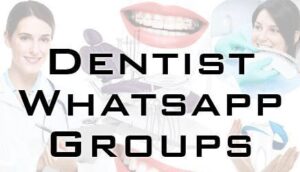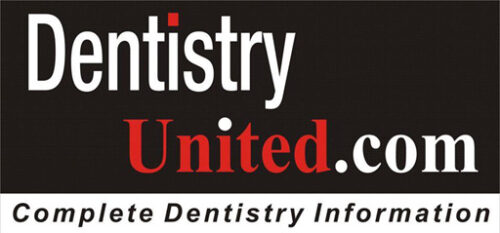Dentists can streamline WhatsApp/Facebook dental discussions into notes by following these steps:

-
Set a Goal: Daily Learning from Dental Discussions
Dentists should aim to learn one new piece of information daily from WhatsApp or Facebook dental discussions. This simple yet consistent habit can significantly enhance their knowledge and clinical skills over time.Identify Relevant Information
During these discussions, dentists should actively identify and note any new, evidence-based information that can be applied to their practice. Focus on practical tips, emerging trends, or innovative techniques that align with their clinical needs.Organize Information Effectively
After the discussion, organize the gathered information into a clear and concise format. Use bullet points, short sentences, or tables to summarize key points, making it easier to review and reference later.Categorize Notes for Easy Access
Categorize the notes into specific dental disciplines such as restorative dentistry, periodontology, orthodontics, endodontics, or oral surgery. This systematic approach ensures quick access to relevant information when needed.Store Notes Digitally
Save the organized notes in a digital format using platforms like Google Drive, Evernote, or OneNote. Digital storage allows dentists to access their knowledge base from any device, anytime, ensuring seamless integration into their daily practice.Build a Knowledge Base
By following these steps, dentists can create a robust knowledge base of over 365 new insights annually. This repository of information can serve as a valuable resource for continuous learning and professional growth.Benefits of a Knowledge Base
- Improved Decision-Making: A well-organized knowledge base enables dentists to make informed, evidence-based decisions about patient care and treatment plans.
- Enhanced Patient Outcomes: Staying updated with the latest research and techniques ensures patients receive the highest standard of care.
- Increased Efficiency: Quick access to relevant information streamlines workflows, saving time and improving productivity.
- Professional Development: Lifelong learning fosters respect among peers and patients, positioning dentists as leaders in their field.
Supporting Evidence from Research
Studies have consistently shown that continuous learning improves clinical competence and patient outcomes. For example:- Davis et al. (1999) found that structured continuing medical education (CME) positively impacts physician behavior and healthcare outcomes.
- Forsetlund et al. (2009) highlighted the effectiveness of workshops and meetings in enhancing professional practice.
- Epstein and Hundert (2002) emphasized the importance of defining and assessing professional competence through ongoing education.
By leveraging digital discussions and organizing insights systematically, dentists can stay at the forefront of their profession, delivering exceptional care while advancing their careers.
Author:
Dr. Syed Nabeel, BDS, D.Orth, MFD RCS (Ireland), MFDS RCPS (Glasgow), is a dedicated dental professional with a special interest in Neuromuscular Dentistry (NMD). With over two decades of experience, he has been committed to diagnosing and managing occlusal and temporomandibular joint (TMJ) disorders using a patient-centered approach that integrates the principles of neuromuscular occlusion.
Alongside his clinical work, Dr. Nabeel is deeply interested in digital dentistry and the role of artificial intelligence (AI) in dental practice. He believes that technology has the potential to enhance patient care by improving diagnostics and treatment precision. His work in this field reflects his curiosity and dedication to advancing dentistry in meaningful ways.
Dr. Nabeel also enjoys sharing knowledge and has been lecturing extensively on neuromuscular dentistry. His approach to teaching emphasizes practical insights, evidence-based methods, and a focus on patient well-being, making his sessions both engaging and valuable for fellow professionals. Additionally, he is a sought-after speaker and blogger on practice management, where he provides insights on optimizing workflow efficiency, patient engagement, and the integration of modern technology in dental practices.
Based in Mysore, India, Dr. Nabeel is the founder of Smile Maker, a practice where he strives to combine advanced diagnostic tools with personalized treatment plans to help patients with occlusal and TMJ-related concerns. With a strong commitment to continuous learning and improvement, Dr. Nabeel remains deeply invested in the evolving landscape of dentistry, always seeking ways to enhance patient outcomes with care and compassion.

